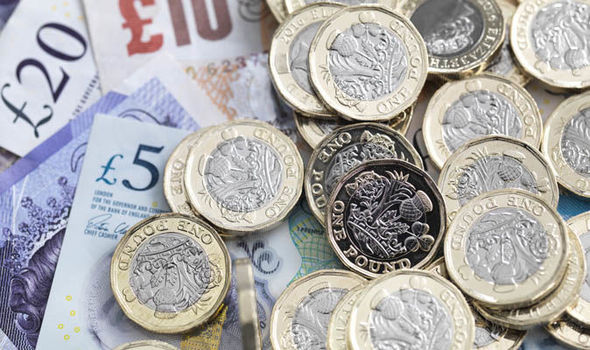Payment made by cash in advance is ideal if you are the seller.
Before you release your products to the buyer, the buyer pays you. However, if you are the buyer, cash in advance puts you at significant risk. You have paid before you have any product in hand. If the supplier does not follow through, you have lost your money.
On the other hand, companies that have developed a common connection and shared trust, and through that mutual relationship negated the risk factor, often prefer this type of transaction, which is relatively fast and inexpensive.
There are several methods of making ‘cash’ payments.
Pay by check
Payment by check means that buyer writes and sends a paper check to the supplier. The check has to be deposited and may take up to six weeks to clear in an international situation. In this scenario, unless the supplier waits for the check to clear, he assumes the risk in this artificial cash payment scenario.
Pay by credit card
Domestic and international rules governing credit card transactions sometimes differ, so you should contact your credit card company to be sure you understand how your agreement works. International credit card transactions are typically done by telephone or fax.
Western Union (Telegraphic Transfer or T/T)
Western Union is a stand-alone entity and is not affiliated with a financial institution. Individuals who transfer or receive money through Western Union don’t need to have an account with Western Union or any financial institution. Instead, transfer instructions are sent into a central system, and the recipient can collect the funds at a Western Union office in his or her area. Western Union transfers also can be initiated online.
This is a very risky method of making payment since it is possible for anyone to clam the money at the receiving office and there is very little documentation of the transaction. We strongly discourage T/T payments in all but very low cost situations.
Payment by wire transfer
A wire transfer can be made from one bank account to another bank account, or by a transfer of cash at a cash office.
Bank-to-bank wire transfer
Bank-to-bank wire transfer is considered the safest way to ‘pay cash’ internationally. Each account holder must have a proven identity. Chargeback is unlikely, although wires can be recalled. Information contained in wires is transmitted securely through encrypted communications methods. The price of bank wire transfers varies greatly, depending on the bank and its location; in some countries, the fee associated with the service can be costly. In the UK, HSBC bank offers the most competitive wire transfer rates, especially to Hong Kong bank accounts, but generally worldwide, and offer online facilities.
The steps to accomplish a bank wire transfer are: Your bank transmits a message, via a secure system to the receiving bank, transferring funds and requesting that the receiving bank make payment according to the instructions given. The actual transfer is not instantaneous: funds may take several hours to move from the sender’s account to the receiver’s account.
Either the banks involved must hold a reciprocal account with each other, or the payment must be sent to a bank with such an account, a correspondent bank, to make payment into your supplier’s bank account. To reduce the risks associated with sending bank transfers, consider using secure channels like SWIFT (ask your bank for details).
If you transact in foreign currency and are particularly affected by exchange rate fluctuations of your trading currency, consider using a foreign exchange broker.
In general, do not pay in advance unless you are purchasing a sample order, purchasing a negligible amount or you have established a strong and reliable relationship with your supplier.

